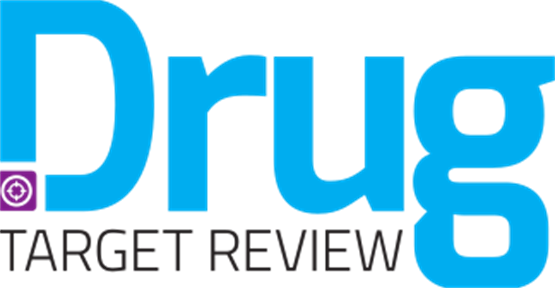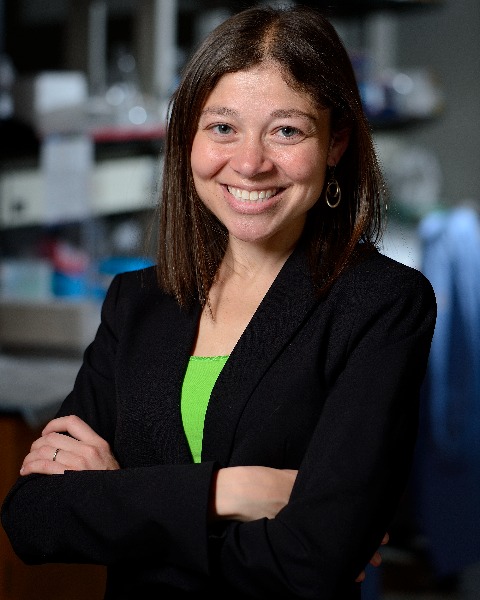New Modalities (Room 206AB)
Engineering cytokine/antibody fusion proteins as targeted immunotherapeutics
Tuesday, February 6, 2024
3:00 PM - 3:30 PM EST
Room/Location: 206AB
Sponsored By


Jamie Spangler, PhD
Johns Hopkins University, Maryland, United States
Abstract: Interleukin-2 (IL-2) is a multifunctional cytokine that regulates the differentiation, proliferation, activation, and survival of a variety of immune cells, in particular lymphocytes. Due to its potent immunomodulatory activities, IL-2 has been used therapeutically both to stimulate the immune response (to treat cancer and infectious diseases), and to suppress the immune response (to treat autoimmune disorders and for transplantation medicine). Although IL-2 therapy has shown great promise, clinical use is limited by its simultaneous activation of both immune effector cells (i.e., T effector cells and natural killer cells) and immunosuppressive regulatory T (Treg) cells, which hinders efficacy and results in harmful off-target effects and toxicities. Furthermore, the cytokine’s vanishingly short serum half-life ( < 5 min) hampers therapeutic performance, and its inherent instability complicates manufacturing. Thus, the ability to engineer IL-2 for delivery of the cytokine to specific cell types while also extending its circulation half-life would be transformative for immune disease therapy.
Certain anti-IL-2 antibodies specifically direct the cytokine toward either immune effector cells or TReg cells while concurrently extending its serum half-life, offering a promising avenue for targeted disease therapy. However, clinical development of a mixed IL-2/antibody complex is complicated by logistical hurdles, such as dosing ratio optimization, along with concerns about complex stability, as dissociation would result in toxicity of the free cytokine and rapid clearance. We bypassed these challenges by creating single-chain human IL-2/antibody fusion proteins (immunocytokines) that potently stimulate either immune effector cells or Treg cells. Our engineered immunocytokines significantly improved immune bias compared to cytokine/antibody complexes in both cellular and animal models, leading to effective treatment of both cancer and autoimmune diseases. We have also extended the immunocytokine approach to the IL-7 system to enhance the survival of naïve and memory T cells. Collectively, our work establishes a powerful new strategy for designing translationally relevant therapeutics that will help to realize the clinical promise of cytokine therapy. The technologies we developed are of immediate interest in treating immune diseases, and our versatile approach promises to synergize with other immunotherapeutic approaches for a broad range of biomedical applications.
Certain anti-IL-2 antibodies specifically direct the cytokine toward either immune effector cells or TReg cells while concurrently extending its serum half-life, offering a promising avenue for targeted disease therapy. However, clinical development of a mixed IL-2/antibody complex is complicated by logistical hurdles, such as dosing ratio optimization, along with concerns about complex stability, as dissociation would result in toxicity of the free cytokine and rapid clearance. We bypassed these challenges by creating single-chain human IL-2/antibody fusion proteins (immunocytokines) that potently stimulate either immune effector cells or Treg cells. Our engineered immunocytokines significantly improved immune bias compared to cytokine/antibody complexes in both cellular and animal models, leading to effective treatment of both cancer and autoimmune diseases. We have also extended the immunocytokine approach to the IL-7 system to enhance the survival of naïve and memory T cells. Collectively, our work establishes a powerful new strategy for designing translationally relevant therapeutics that will help to realize the clinical promise of cytokine therapy. The technologies we developed are of immediate interest in treating immune diseases, and our versatile approach promises to synergize with other immunotherapeutic approaches for a broad range of biomedical applications.

.png)